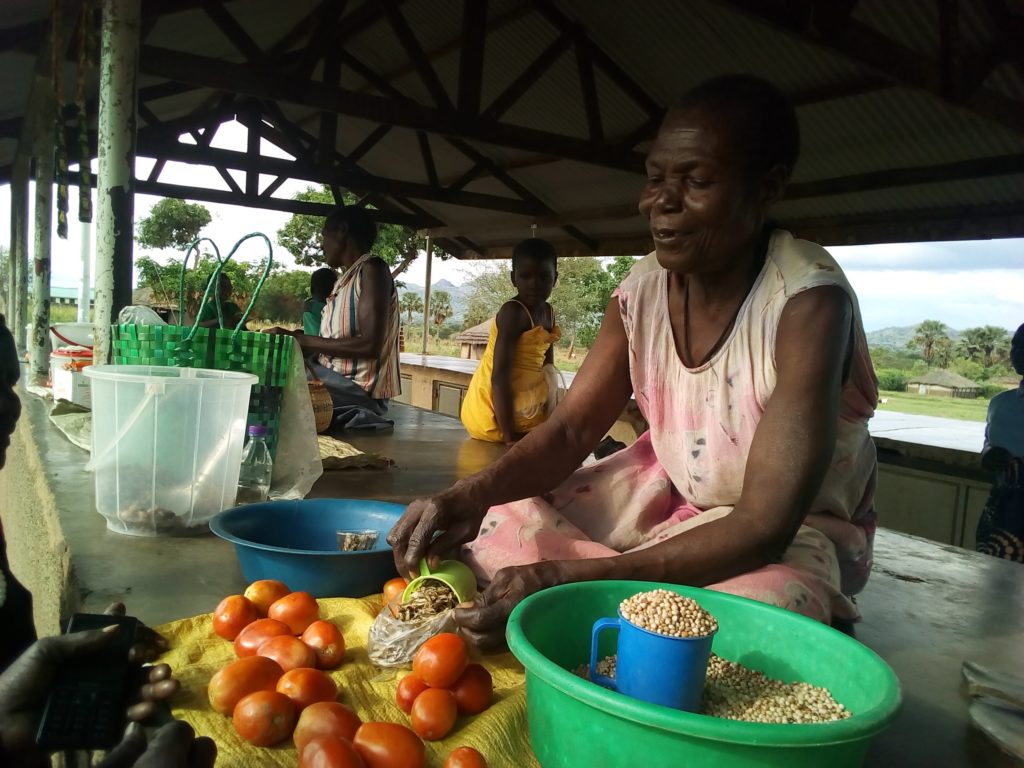There’s no business like small business start-ups for getting you back on your feet. That’s the conclusion we’ve reached at our mental health project in northern Uganda. As part of the counselling we give people dealing with trauma and emotional issues, we offer training in setting up a small business. (These are called income-generating or livelihood projects in aid world jargon). An impressive 78% of our project’s business start-ups are succeeding so far.
Why Aren’t Some Of The Business Ideas Successful?
Participants may face intermittent ill-health, difficulties with restocking products (prices have gone up and there are shortages due to the pandemic), or their seasonal farming activities might take priority. Covid-19 is also disrupting weekly markets where people sell their goods.
On The Positive Side…
This surge in commercial activity has reactivated previously dormant village markets in the district. In turn this brings goods closer to the community and reduces the distance travelled to buy produce. That lessens some of the burden on women in particular. (Eleven young people living locally have been so inspired by the success of our participants’ businesses that they have started their own).

Our budding entrepreneurs enjoy greater self-confidence and respect from a community which previously shunned them. It also makes life easier for their families who have had to live with the consequences of mental illness and the stigma attached to it.
We have 35 self-help groups where people support each other, share experiences and make plans for the future. We are delighted that 87% of the participants are now eating twice a day – a vast improvement on the situation when people joined the project. However, it is harder to save money now, because of the pandemic, so 54% of their earnings are spent on food, 12% on things like malaria medication, and 8% to buy livestock.
Self-Help Means Self-Management
Anyone who has encountered mental health issues knows that consistently taking any medication is essential. Our self-help groups have set up and administer emergency reserves of medication (drug banks), funded by some of their savings. We have trained 419 members to manage the drug banks, of whom 60 were elected to management committees. They now have terms of reference and are established at Ugandan government health centres.
In the meantime, our partners continue to give counselling and home visits to people with mental disorders and epilepsy and their caregivers (half of whom have depression themselves).
Network for Africa salutes our fledgling entrepreneurs and our Ugandan partners and would like to give special thanks to the remarkable Florence who makes all of this possible. We have waiting lists of people wishing to join these projects. To help us continue our work in Uganda, Rwanda and Sierra Leone, please visit our webpage: www.network4africa.org/donate